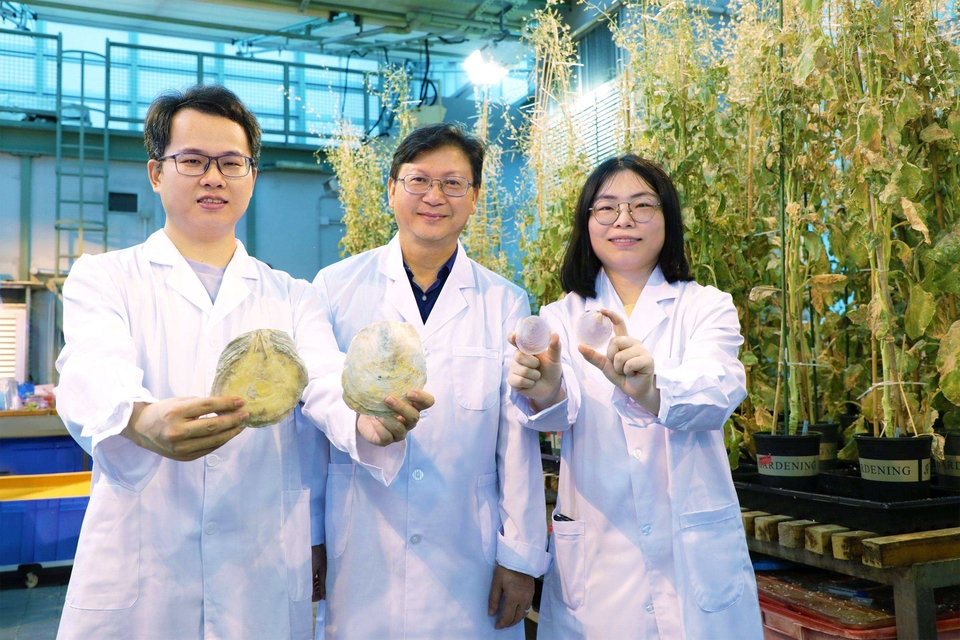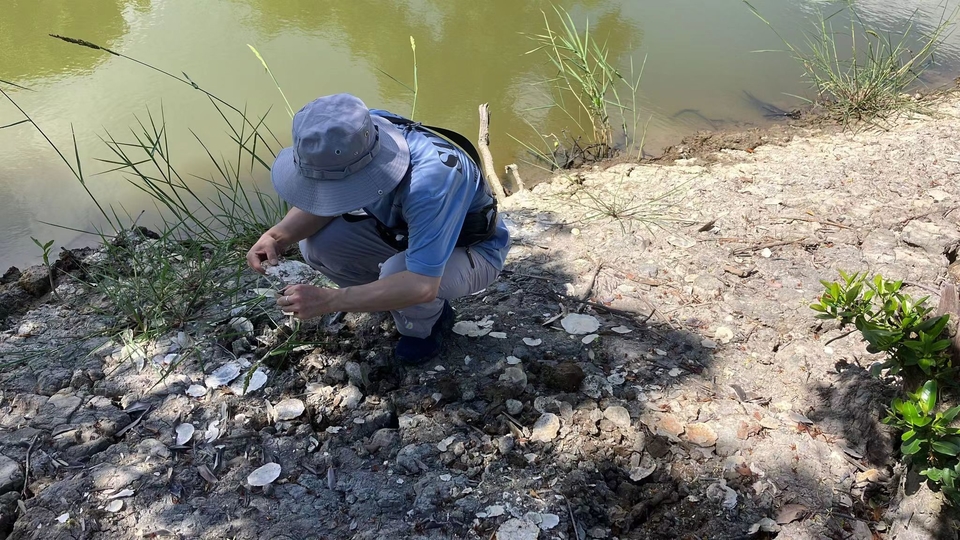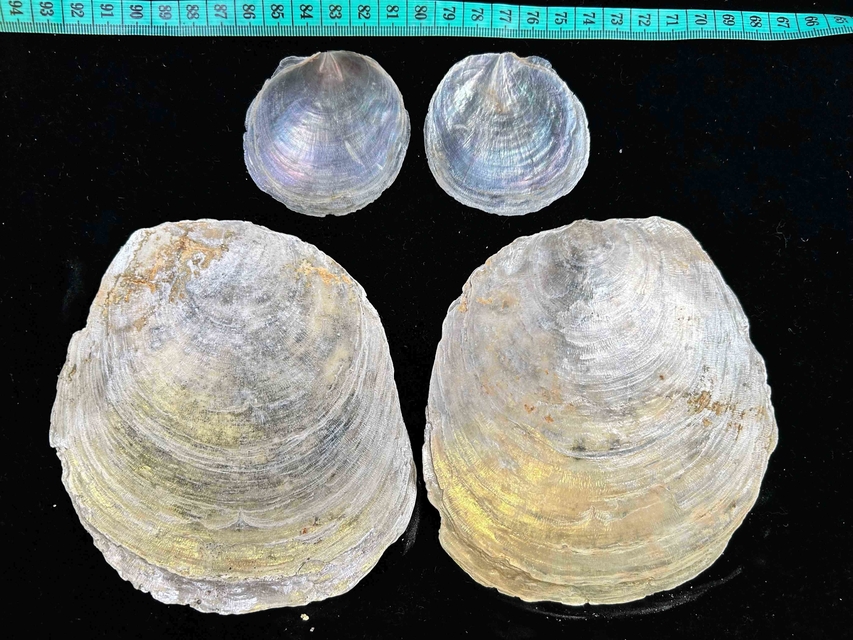DISCOVER HKBU
Hidden gems in the ocean: Discovery of new windowpane shell species
31 Dec 2024
HKBU is poised to transform the community’s understanding of biodiversity with its research excellence. The research team led by Professor Qiu Jianwen, Associate Head of the Department of Biology at HKBU, has made another discovery of new marine species, with two new species of windowpane shell identified at Mai Po, Hong Kong and in the South China Sea. This discovery reaffirms the University’s commitment to sustainable development and ocean conservation.
New species: Placuna Aestuaria and Placuna Vitream
Also known as the windowpane oyster or capiz shell, the windowpane shell is a small group of saltwater bivalves belonging to the genus Placuna under the family Placunidae. Their discovery brings the total number of species in this genus from five to seven worldwide. The HKBU team named the new species Placuna aestuaria and Placuna vitream. Their findings have been published in the academic journal Ecology and Evolution. This study was supported by the Lantau Conservation Fund.
Windowpane shells are edible but valued more for their shells which have been used for thousands of years as a substitute for glass. These beautiful translucent shells have been widely used in making windows, jewellery and decorative items such as lampshades and chandeliers.
For the new species Placuna aestuaria, its name “aestuaria” is derived from the Latin word for “estuarial”, highlighting this species’ habitat - the estuarine waters of the Pearl River Estuary. The other new species, named “vitream”, is celebrated for its “glassy”, pearl-like appearance.
Commitment to sustainable development and ocean conservation
Professor Qiu said, “Identifying the Placuna species poses distinct challenges due to the variability in shell size, shape, and even the colour of the inner surface, which can exhibit a wide range of variations. Our discovery of two new species not only broadens the diversity of windowpane shells but also suggests that this group may be more diverse than previously recognised. This finding calls for a reassessment of other marine species in Asia that are presumed to be widely distributed.”
The identification of these new species also reminds us that there is still much to explore and protect in the ocean. As a champion of the United Nations’ Sustainable Development Goals (SDG), the work of HKBU academia, such as that of Professor Qiu, significantly contributes to upholding SDG 14 (“Life Below Water”), and ensuring future generations can also enjoy the wonders of the ocean through the conservation and sustainable use of oceans, seas, and marine resources.


